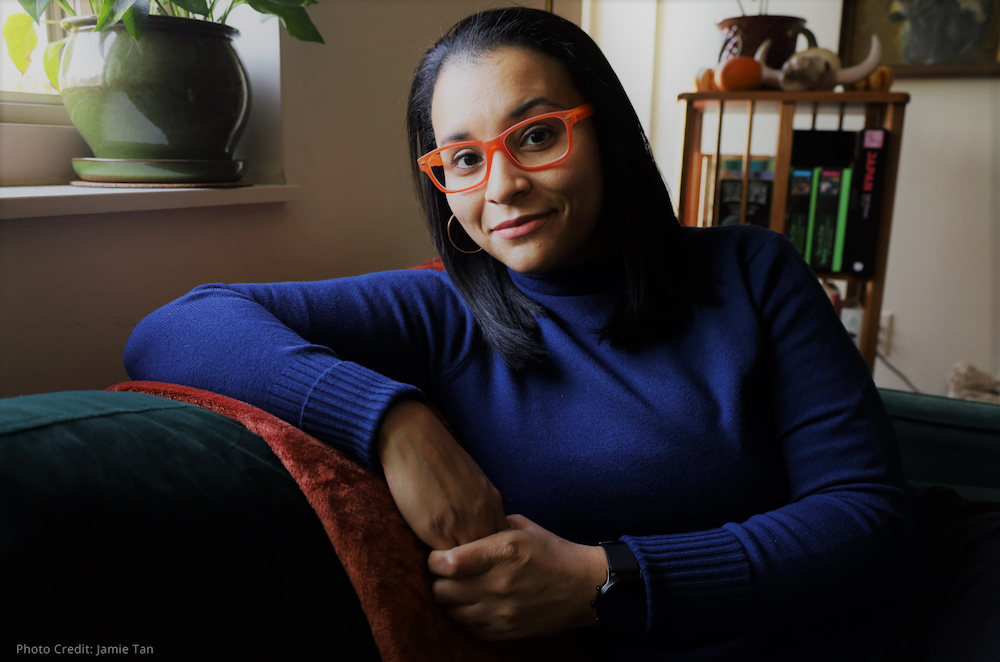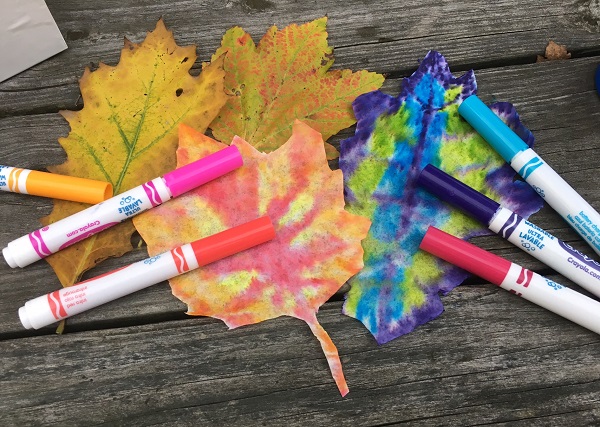
Pittsburgh native and author Ally Russell on encouraging young writers and readers
Ally Russell photo by Jamie Tan used by permission.
Pittsburgh native Ally Russell did her first professional work as a writer during an internship at the Pittsburgh Post-Gazette. But ever since childhood, her love of fiction writing – including chill-inducing fiction – was clear.
As a little girl, she loved the “Goosebumps” series, and decided at one point to write her own “unauthorized sequel,” she says. Dreaming up a story, Russell sat down with a pile of loose leaf paper and a pen.
“I hand wrote 10 whole pages,” she remembers, laughing. “That’s a huge deal to hand write 10 pages when you’re 9 or 10 years old!”

“Mystery James Digs Her Own Grave” and it’s sequel will be out in 2025, and Russell has more spine-tingling fiction coming in 2026.
Kidsburgh spoke with Allyson about how to support kids who have an interest in writing – and how to inspire kids who haven’t tried it yet. Here is her advice:
MORE WRITING BRINGS BETTER WRITING
“The great thing about writing is you can only get better at it. You can’t get worse. The more that you do it, the better you will get.”
FIRST DRAFTS AREN’T SUPPOSED TO BE BEAUTIFUL
Every writer starts with a first draft that is messy and maybe even not very good. You’ll have lots of opportunities to make later drafts better.
When we read books we love, it’s easy to assume they came out right on the first try, Allyson says: “It’s like, ‘Oh, this prose is so refined and beautiful and perfect. And it seems like every adjective is in the correct place.’ I promise you, that wasn’t the first draft. I promise you that’s probably the seventh, the eighth, the ninth or tenth draft. … you’re going to have a lot of opportunities to make something very shiny and pretty.”
READ, READ, READ
“Reading will help you build your vocabulary. It’s going to help you get a really good grasp on grammar, punctuation, spelling — all those things that matter in writing,” she says.
And as you get more serious about writing, “if you want to write in a particular genre, like funny graphic novels, it’s helpful to know what you’re up against. What other books have published in that same theme, so that you can do something more inventive, or just do something new.”
“If a kid can’t get interested in something like realistic fiction, maybe it’s because it feels like a chore for them,” she says. “When I was a kid in school, I was forced to read a lot of realistic fiction, and I wasn’t sure if I loved reading that much. But if you put a spooky book in front of me, like something that was about UFOs or aliens or Bigfoot or ghosts, any of those paranormal topics, I was much more likely to sit and inhale the book.”
So hit the library and let your child borrow a wide range of books that catch their interest.
“Reading is huge when it comes to writing,” Russell says. “They go hand-in-hand. They’re besties.”
WHEN YOU GET AN IDEA, DO A FAST (IMPERFECT!) DRAFT
“I put myself on a really strict writing schedule, and I will just try to pound out like a first draft as quickly as possible. If I can’t think of something that I need in the moment — like, what’s a good street name to put here, or what’s a good character name or character description — I’ll just put it in red brackets and say, ‘this is what I need here.’ And I’ll just keep writing, just to get the bare bones on paper,” she says. “You’re going to have a lot of opportunities to go back and rework that and edit it.”
WRITE THE WAY YOU SPEAK
When Allyson’s dad introduced her to Stephen King’s writing, she loved how conversational it was. She often recommends his book, “On Writing,” to other working writers and aspiring ones.
IF YOU’RE STUCK, STICK WITH IT
Even working writers sometimes struggle to make themselves finish stories that are bubbling in their heads. “I put myself on a really strict writing schedule,” she says. “I’m a procrastinator of the worst kind!”
SCARY STORIES CAN BE EMPOWERING
Kids in Russell’s books are very capable. They encounter challenging moments, and then they find ways to solve the problems they face. Scary stories can be empowering that way.
“We want the kids to know that they can solve issues. They can solve certain problems on their own. Yes, you want the help of adults when you can get it. But in some of these situations, like the kids in the books, the kids fend for themselves.”
For more on the value of scary stories for kids, at Halloween and all year round, check out this story.









